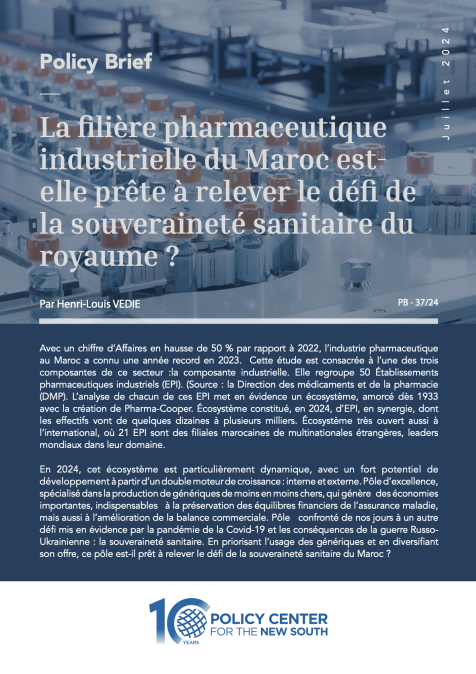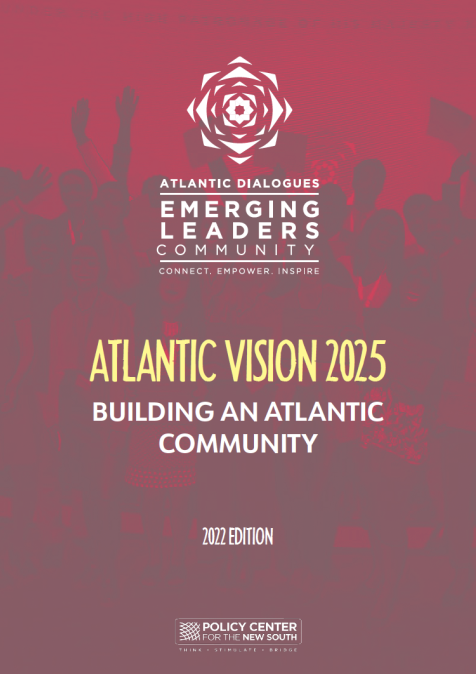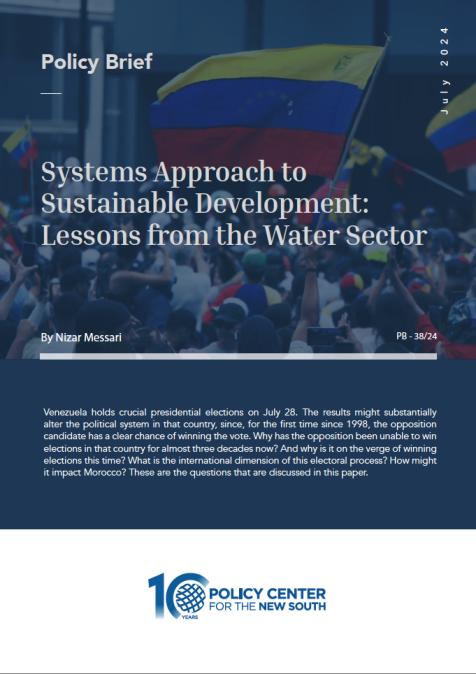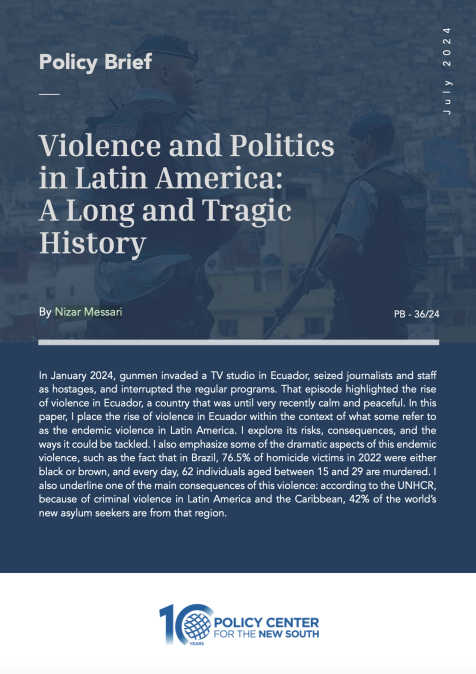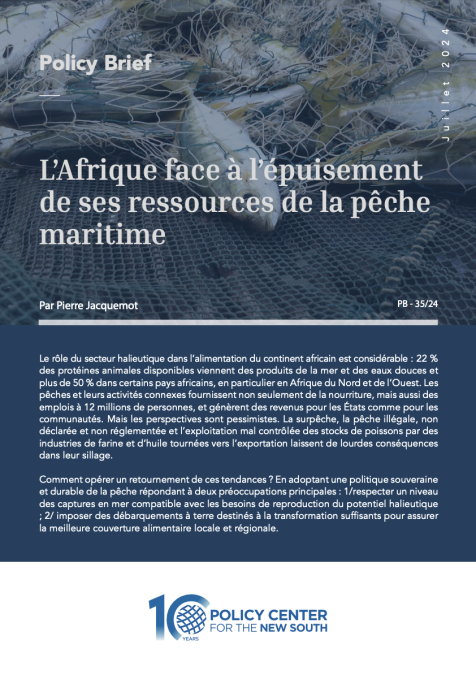Publications /
Paper in Academic Journals
We are very pleased to present this special section in Food Security. Its papers were first presented at the conference “Tropical Agriculture as ‘Last Frontier’? Food Import Needs of the Middle East and North Africa, Ecological Risks and New Dimensions of South-South Cooperation with Africa, Latin America and South-East Asia”. The conference was held in Barcelona on 29–30 January 2015 with our respective co-organizers, namely CIDOB, King’s College, London (KCL), the Getulyo Vargas Foundation in Sao Paolo and Wageningen University.
List of articles:
1. Introduction to the special section “Food Trade Relations of the Middle East and North Africa with Countries of the Tropics: Opportunities and Risks of South-South Cooperation” , by Jordi Bacaria, Karim El Aynaoui & Eckart Woertz
2. Food trade relations of the Middle East and North Africa with tropical countries, by Eckart Woertz & Martin Keulertz
3. Water resource decoupling in the MENA through food trade as a mechanism for circumventing national water scarcity, by Michael Gilmont
4. Tropical agriculturalisation: scenarios, their environmental impacts and the role of climate change in determining water-for-food, locally and along supply chains, by Mark Mulligan
5. Brazil’s South-South Cooperation in food security, by Gabriela Marcondes & Tom De Bruyn
6. Beyond the dualities: a nuanced understanding of Brazilian soybean producers, by Vanessa Empinotti
7. South-South cooperation: Brazilian soy diplomacy looking East?, by Jeroen Warner
8. The socio-cultural, institutional and gender aspects of the water transfer-agribusiness model for food and water security. Lessons learned from Peru, by Juana Vera Delgado
9. Reconciling food and water security objectives of MENA and sub-Saharan Africa: is there a role for large-scale agricultural investments?, by Timothy Olalekan Williams
10. Welfare impacts of smallholder farmers’ participation in maize and pigeonpea markets in Tanzania, by Frank E. Mmbando, Edilegnaw Z. Wale & Lloyd J. S. Baiyegunhi
11. Subsidies promote use of drought tolerant maize varieties despite variable yield performance under smallholder environments in Malawi, by Stein T. Holden & Monica Fisher
12. Impact of agricultural technology adoption on asset ownership: the case of improved cassava varieties in Nigeria, by Bola Amoke Awotide, Arega D. Alene, Tahirou Abdoulaye & Victor M. Manyong
13. Horticultural practice and germplasm conservation: a case study in a rural population of the Patagonian steppe, by Cecilia Eyssartier, Ana H. Ladio & Mariana Lozada
14. Does Ethiopia’s Productive Safety Net Program improve child nutrition? , by Bethelhem Legesse Debela, Gerald Shively & Stein T. Holden
15. Sustainability spaces for complex agri-food systems, by Stephen Whitfield, Tim G. Benton, Martin Dallimer, Les G. Firbank, Guy M. Poppy, Susannah M. Sallu & Lindsay C. Stringer
16. Gendered food security in rural Malawi: why is women’s food security status lower? , by Menale Kassie, Jesper Stage, Hailemariam Teklewold & Olaf Erenstein
17. Household wealth and adoption of improved maize varieties in Nepal: a double-hurdle approach, by Raju Ghimire & Wen-Chi Huang
18. Technical convening on smallholder agricultural transformation, Arlington, VA, USA, May 7–8, 2015, by Anwar Naseem, Carl E. Pray & James F. Oehmke
19. F. Bailey Norwood, Pascal A. Oltenacu, Michelle S. Calvo-Lorenzo and Sarah Lancaster: Agricultural & food controversies: what everyone needs to know, by Jonathan Ingram
20. Rosamond L. Naylor (Editor): The evolving sphere of food security, by Prabhu L. Pingali



